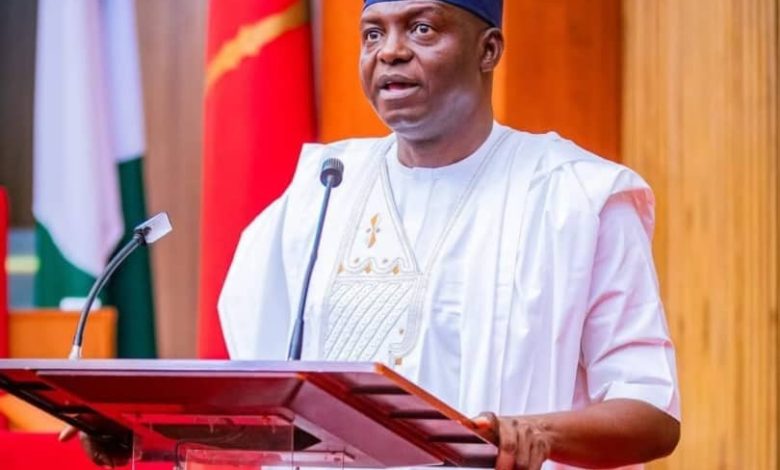FG Approves N4bn Conditional Cash Transfers and N2bn Interest-Free Loans to Vulnerable Nigerians

By DAYO ADESULU
The Federal Government of Nigeria has approved N4 billion for conditional cash transfers to vulnerable households and N2 billion in interest-free loans to farmers, as part of measures to address the nation’s growing humanitarian and poverty challenges.
The interventions were announced by the Minister of Humanitarian Affairs and Poverty Reduction, Prof. Nentawe Yilwada, during the launch of the 2025 Nigeria Humanitarian Needs and Response Plan (HNRP) at the United Nations House in Abuja on Thursday.
Highlights of the Initiatives
1. Conditional Cash Transfers
- The cash transfer programme will target 10 million displaced households, primarily in the Northeast, focusing on those affected by displacement and natural disasters.
- Scheduled to run from February to April 2025, it aims to alleviate immediate needs such as food, shelter, and healthcare for vulnerable families.
- Priority Groups:
- Female-headed households.
- Pregnant women and widows.
- Persons with disabilities.
2. Interest-Free Loans for Farmers
- N2 billion has been allocated for interest-free loans to farmers in rural areas.
- Loan amounts will range from N300,000 to N400,000 per household, designed to boost food production, provide market access, and enhance self-sufficiency.
3. Gender-Focused Support
- Female-headed households, identified as being more vulnerable to challenges like gender-based violence, child marriage, and food insecurity, will be prioritized.
- Minister Yilwada emphasized ensuring access to food, water, healthcare, and safety for women in affected regions.
Humanitarian Needs and Response Plan (HNRP)
The HNRP 2025 was developed to address the humanitarian crisis in conflict-affected areas like Borno, Adamawa, and Yobe States, where:
- 7.8 million people are projected to require humanitarian assistance in 2025.
- The plan combines humanitarian, developmental, and peacebuilding efforts to ensure long-term resilience and sustainable solutions.
International Collaboration
- Mr. Trond Jensen, Head of the UN Office for the Coordination of Humanitarian Affairs, praised the initiative while noting the urgent need for assistance in conflict-affected regions.
Conclusion
These measures are part of the government’s broader poverty alleviation strategy, aimed at providing relief, reducing hunger, and fostering resilience among the most vulnerable Nigerians. By prioritizing displaced families, farmers, and women in crisis, the government seeks to tackle systemic issues of poverty and displacement while building a sustainable path for long-term recovery.





